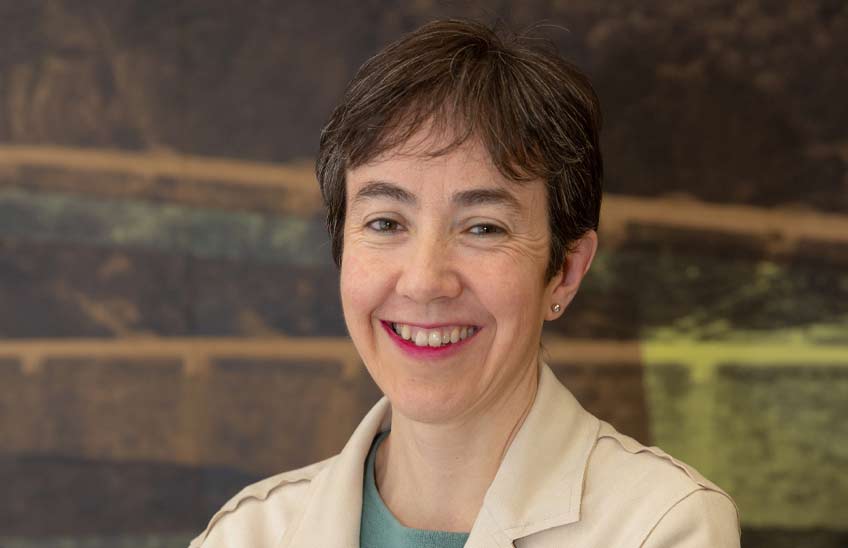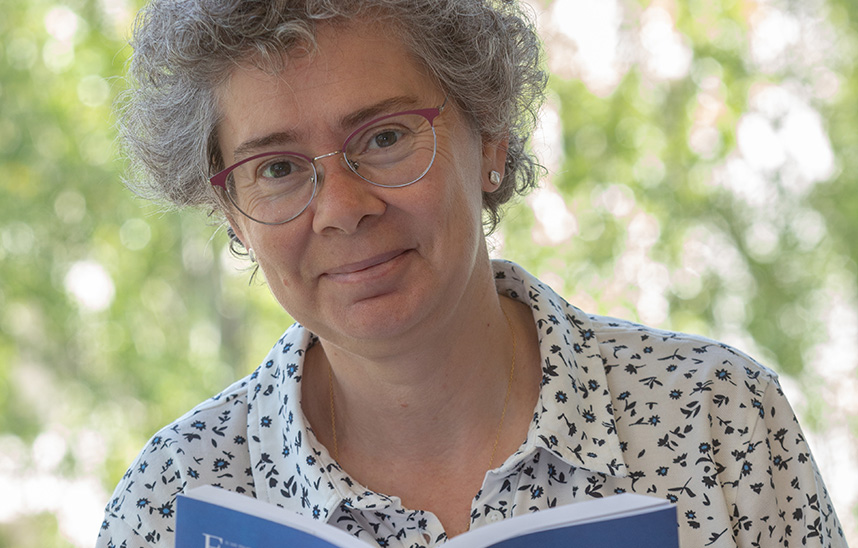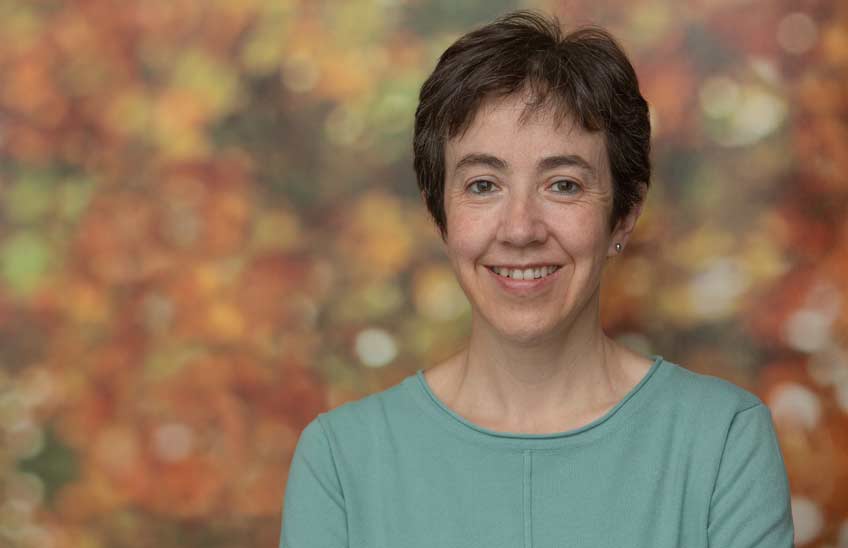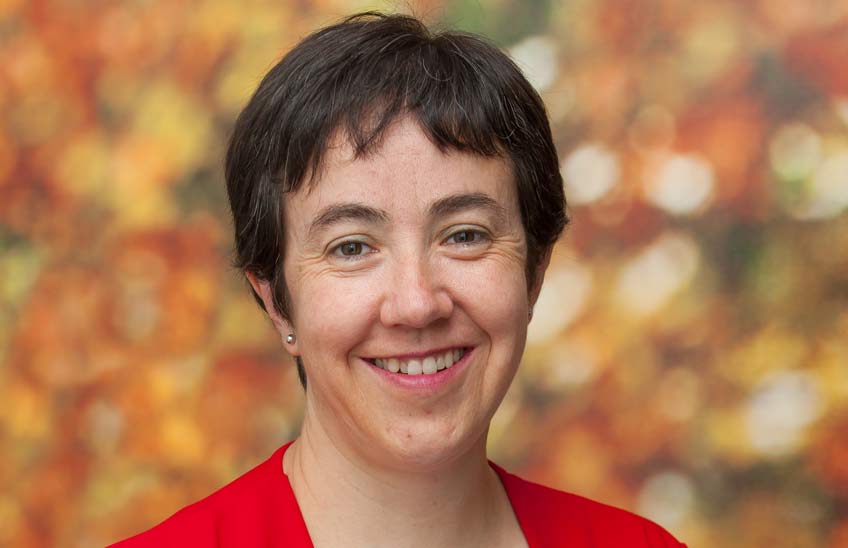Palliative care alleviates the suffering of the sick person in a profound sense, beyond the physical symptoms, study emphasizes
The Global Palliative Care Observatory ATLANTES of the University of Navarra has analyzed in a research the essence of gratitude in the interpersonal relationship of care in advanced illness.

FotoCedida
/María Arantzamendi
21 | 09 | 2023
"In the interaction of palliative care, the sick person feels a deep, healing relief. The way of caring and the accompaniment of the professionals, which goes beyond the physical issue, financial aid to mitigate suffering in a profound sense". This is what María Arantzamendi, researcher at the ATLANTES Global Observatory of Palliative Care at the University of Navarra, assures us. Institute for Culture and Society of the University of Navarra. The group is attached to the Institute of research Sanitaria de Navarra (Idisna).
This is one of the main conclusions of a article published in the journal Palliative Care & Social Practicewhich reflects on the essence of gratitude in palliative care and focuses on the professional affirmation of healthcare professionals in accompanying patients with advanced diseases until the end of their lives.
Arantzamendi, lead author of work, explains that gratitude is reciprocal. On the one hand, patients and their relatives "feel that the professionals treat them as unique persons beyond the disease, who keep their integrity and dignity intact".
In this way, "they experience that they are the protagonists of comprehensive, person-centered care during the process of their disease, that healthcare professionals are not only concerned about a specific aspect such as pain relief or the treatment of a part of their body," he explains. "This causes them to express their gratitude for it.
The privilege of caring
He also details that for palliative care professionals, the gratitude of patients and their families gives meaning to their mission statement. They are grateful "that patients and their families share with them their intimacy, their worries, their fears, their reasons for joy, their suffering...". In this sense, they point out that they "feel privileged" to be able to maintain this subject of closeness with them.
On the other hand, he states that the object of gratitude that arises in human interaction in the context of palliative care is closely related for health professionals to his mission statement, "showing patients that just because they cannot be cured does not mean that they do not deserve good care."
The authors conclude that taking both perspectives into account highlights the need to consider people in their totality and not lose sight of their intrinsic value.
This publication is part of the project of research 'The phenomenon of gratitude in palliative care', carried out between 2020 and 2022 by the ATLANTES team. Its goal was to study gratitude in palliative care.
The Palliative Medicine line is one of the main axes of the 2025 Strategy of the University of Navarra, which promotes a social impact-oriented research and a scientific production focused, in this case, on the search for personalized solutions for the health care of patients with advanced and serious diseases.
→ reference letter from article: Arantzamendi M, Aparicio M, Centeno C, et al. A reflection on the essence of gratitude in palliative care: healing in severe illness and professional affirmation through accompanying patients until the end. Palliative Care and Social Practice. 2023;17. doi:10.1177/26323524221147538




